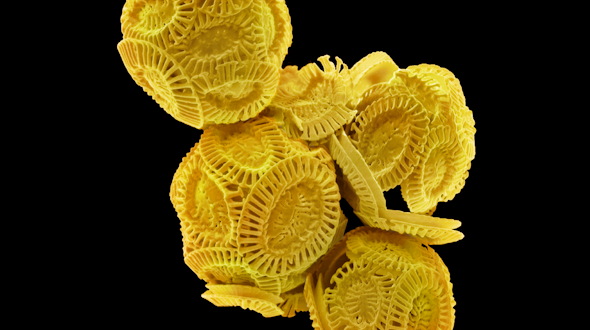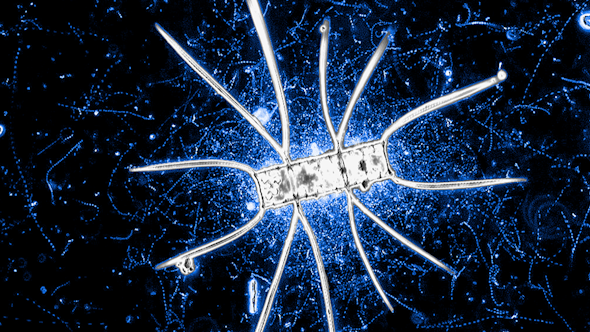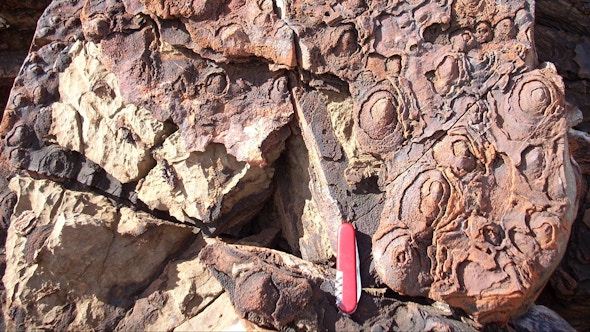Microbial Oceanography

Supports Simons Collaboration on Computational Biogeochemical Modeling of Marine Ecosystems and other programs
Microbes sustain all of Earth’s habitats, including its largest biome, the global ocean. Microbes in the sea capture solar energy, catalyze biogeochemical transformations of important elements, produce and consume greenhouse gases, and fuel the marine food web. Measuring and modeling the distribution, composition and function of microbial communities, and their interactions with the environment, are key to understanding these fundamental processes in the ocean.
Simons Collaboration on Computational Biogeochemical Modeling of Marine Ecosystems
About
The Simons Collaboration on Computational Biogeochemical Modeling of Marine Ecosystems (CBIOMES) brings together a multidisciplinary group of investigators from oceanography, statistics, data science, ecology, biogeochemistry and remote sensing.
More About CBIOMES
Microbial Oceanography Project Awards
Title
Awardee
Date Awarded


